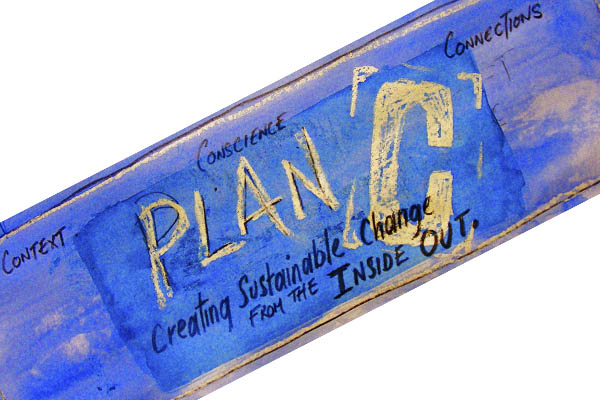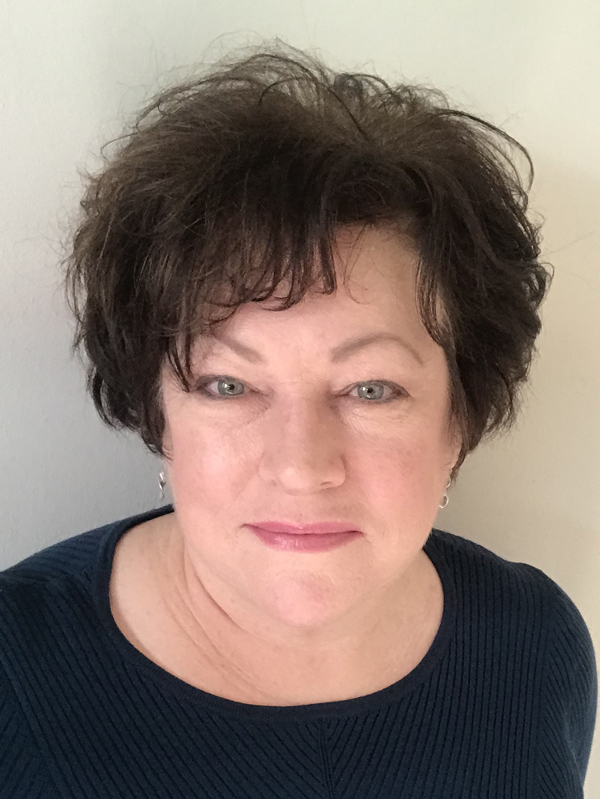No Really, Tell Me a Story

My great grandfather was an oil baron. No, honestly. He was a rootin’ tootin’, bar room brawling, gun-toting Texan that made JR Ewing look like a pussy. Elsewhere in my family was a biochemist who devised a method for turning beets into sugar. Deep in the past, deep in the Southern states of the US, my family were farmers and slave owners. The wills of my ancestors show them bequeathing “negro” men, women and children to their own children and their heirs “forever” – along with parcels of land, cattle, feather beds, bridles and saddles.
When I eventually married I married into a family whose renowned ancestor, in the late 1800’s, founded an arms company that produced the rifles that helped ‘tame the west’.
In a wonderful ironic twist, the rifle manufacturer eventually bought the sugar factory in California that once engaged the services of my beet-distilling ancestor. By then he’d stopped making guns and was instead making radial tyres, which he is credited with inventing, for these new fangled automobiles that everyone seemed to be driving around in.
Ask me why I’m inclined towards a career in environmentalism and all I can say is: with Karma like that what else could I legitimately do?
Even though the momentum of life seems to push relentlessly forward, we sometimes need to look back. We need to listen to our past, to make sense of our own stories, in order to move forward in awareness and with good intent. We also need to listen to the stories of others, because in the act of listening we engage with and locate ourselves in something bigger than ourselves.
But these stories from ‘others’, where exactly do they come from? The wannabe fiction that is Pop Idol or X-factor? The continual angst of soap operas like East Enders? Reruns of ‘everything will work out OK in the end’ Friends? Magazines that crank out an endless stream of celebrity garbage about who has gained or lost weight, and which A-lister beat up his wife this week? Are these the stories we live by? And if so, is it any wonder we have lost the ability to imagine ourselves as solid, powerful, resourceful and able to find a way out of our current crises.
So many forms of ‘entertainment’ are just forms of social control. We sit down at the appointed time, in the appointed place, laugh and gasp and clap and take our intervals in all the right places (as true in the theatre as it is in the front room). When Kurt Cobain snarled, “Here we are, now entertain us” he was tapping into this conformist mentality that has rendered entertainment an increasingly passive, sterile and meaningless experience.
The internet is supposed to free us from such constraints and expand our entertainment and information horizons, allowing us to time shift, to download, legally or illegally, and surf endless new horizons for the next interesting thing. But the web comes with its own set of social contrivances and expectations, namely that we should abandon our interest in detail and context and be willing to spend hours connected to increasingly smaller screens so that we can be the first to know and the fastest to respond. We have to switch off so much of ourselves in order to stay switched on.
So a while ago I began to look for something more fulfilling. Real instead of virtual. Truth instead of fiction. Obscurity instead of celebrity. It was with this need to connect with the collective in a more honest way that I stumbled into Spark, a small monthly storytelling event in London.
None of the people who get up on stage are famous. Not all of them are polished or confident. There are no costumes, cameras or flashing lights, no audiovisual enhancements. But once a month, I find myself laughing or crying or just sitting transfixed as yet another courageous sole shuffles up onto the small stage and tells a true story. This is what entertainment should be – and in a future, energy-constrained world, where we may have to make stark daily choices about whether we turn on the TV or have hot water (or cold food), it may hold the key to what entertainment will be. Personal, local, real, impactful, intimate, open to and initiated by anyone and everyone rather than controlled by an elite few.
Similar initiatives are beginning to blossom elsewhere. The Dark Mountain project, for instance, is founded on the belief that we have “herded ourselves to the edge of a precipice with the stories we have told ourselves about who we are: the stories of ‘progress’, of the conquest of ‘nature’, of the centrality and supremacy of the human species.” Its aim is nothing less than ‘uncivilisation’ – a movement of writers, artists and creative thinkers who are willing to deconstruct the current paradigm and envision something more relevant to the challenging times ahead. That the notion of ‘uncivilisation’ has been taken by some to mean anarchy, simply illustrates how far we have become detached from metaphor and symbolism as a powerful way of understanding of the world and its problems, and imagining a tomorrow that isn’t merely an ‘upgrade’ of our dysfunctional today.
This month another regular story night, 5×15, is being launched. Five speakers get 15 minutes each to tell their tales of passion, obsession, invention, adventure and achievement. Some of the storytellers, such as Rupert Sheldrake and Beth Orton, are well known. Others, like green energy guru Jeremy Leggett and eco-suffragette Tamsin Omond, are known mostly in their specialist fields. But the emphasis remains on the truth behind the tale and its ability to empower and inspire us in our own lives. I’ve already booked my tickets.
Although it has become something of a cliché, the personal really is political. We can’t remake the world unless we realise that everyone counts and that we are all in this together. To do this we need to start talking to one another; and we need to start listening. We need to revive and revere human sentience, the awareness that allows us to feel our way, to see the patterns in the chaos, to sniff the wind and sense exactly what’s going down in the collective, and where we fit in to it (or not). We need to share and create new visions together for our sanity and for our salvation. And what better way to start than by sharing a good story?
Originally posted at Plan C.
© Pat Thomas 2010. No reproduction without the author’s permission












